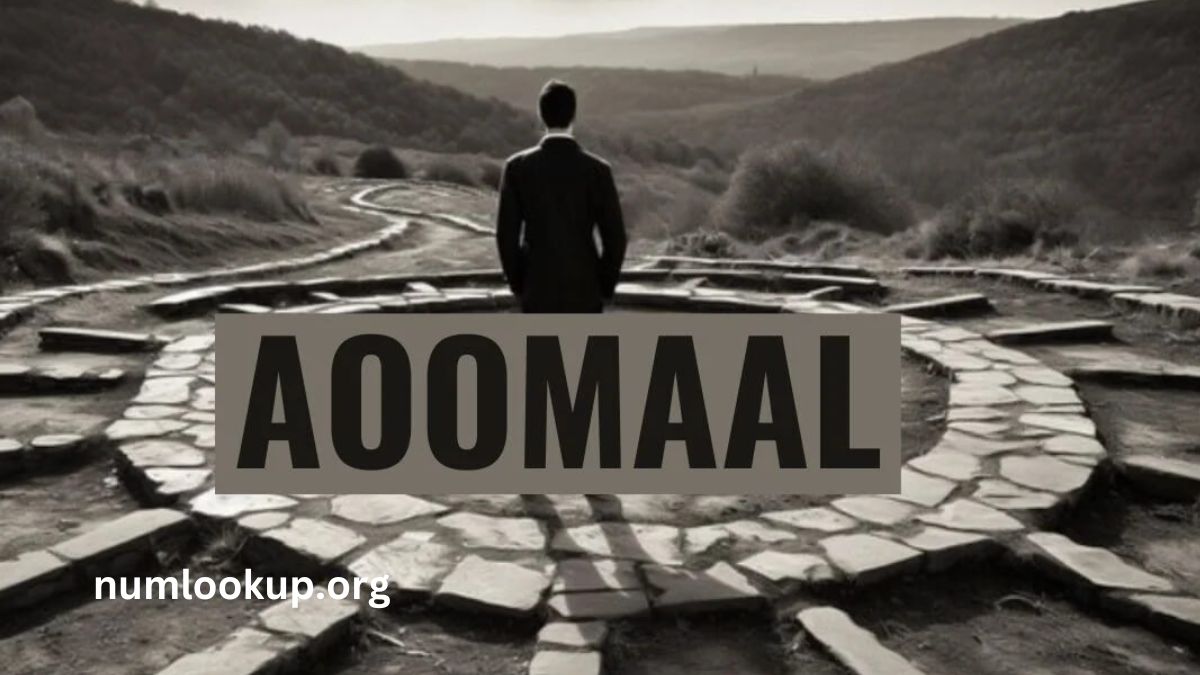Introduction
In Islam, the concept of Aoomaal holds significant importance. Aoomaal encompasses acts of charity, righteousness, and generosity. This article aims to delve deeper into the meaning, significance, and impact of Aoomaal in the lives of Muslims and society as a whole.
Table of Contents
Understanding the Concept of Aoomaal
Aoomaal, derived from the Arabic word “A’mal,” translates to actions or deeds. In the context of Islam, Aoomaal refers to the virtuous actions performed by individuals to seek spiritual growth and attain closeness to Allah. It encompasses various acts of charity, including giving alms, supporting the needy, and contributing to societal welfare.
Historical Background of Aoomaal
The idea of Aoomaal has its roots deeply embedded in Islamic teachings and traditions. Prophet Muhammad (peace be upon him) emphasized the significance of charity and benevolence via his phrases and actions, setting a precedent for his followers to have interaction in acts of Aoomaal.
Benefits of Aoomaal
Aoomaal offers severa benefits, each worldly and spiritual. Financial stability is one of the tangible advantages of carrying out acts of charity. Additionally, Aoomaal brings approximately spiritual achievement and contentment via fostering a sense of empathy and compassion towards others.
Types of Aoomaal
There are diverse varieties of Aoomaal prescribed in Islam, each serving a completely unique cause in promoting social welfare and justice. These consist of Zakat (compulsory charity), Sadaqah (voluntary charity), and Waqf (endowment).
Importance of Aoomaal in Islam
Aoomaal holds immense significance in Islam, because it reflects the middle values of compassion, generosity, and social duty prescribed through the faith. Engaging in Aoomaal is not handiest a non secular responsibility however additionally a way of purifying one’s wealth and soul.
How to Calculate Aoomaal
Calculating Aoomaal involves determining the eligible assets and allocating a portion of them for charitable purposes. Zakat, for instance, is calculated based on specific criteria, including wealth, savings, and assets, while Sadaqah can be given freely as per one’s capacity.
Ways to Increase Aoomaal
There are several ways to increase one’s Aoomaal, such as increasing charitable contributions, volunteering time and skills for noble causes, and promoting social justice and equality in society.
Common Misconceptions about Aoomaal
Despite its significance, Aoomaal is often misconstrued as mere financial transactions or obligatory duties. However, Aoomaal goes beyond monetary contributions and encompasses various forms of kindness, compassion, and service to humanity.
Examples of Aoomaal in Practice
Many individuals and organizations worldwide exemplify the principles of Aoomaal through their philanthropic endeavors. From supporting orphanages and educational initiatives to providing healthcare services and disaster relief, Aoomaal manifests in diverse forms of charitable activities.
Aoomaal and Charity Work
Aoomaal performs a pivotal function in funding charitable tasks and initiatives aimed toward alleviating poverty, promoting education, and empowering marginalized communities. It serves as a catalyst for high quality social exchange and sustainable improvement.
Impact of Aoomaal on Society
What is means aoomal about its all-information aoomaal collective effect of Aoomaal extends past individual acts of charity, shaping communities and societies for the better. By addressing socio-economic disparities and fostering a way of life of giving, Aoomaal contributes to building inclusive and equitable societies.
Personal Stories of Aoomaal Beneficiaries
Numerous individuals have experienced the transformative power of Aoomaal in their lives. From overcoming monetary hardships to finding wish and support in times of adversity, their stories serve as a testament to the profound effect of charity and compassion.
Conclusion
In Conclusion, Aoomaal embodies the essence of Islamic teachings by promoting compassion, justice, and social welfare. By engaging in acts of charity and benevolence, individuals not only fulfill their religious obligations but also contribute to creating a more equitable and compassionate world.




